In a bold move to address the mental health crisis among homeless individuals, New York City Mayor Eric Adams implemented a controversial plan one year ago aimed at involuntarily hospitalizing homeless New Yorkers with severe mental illness.
Despite initial skepticism and legal challenges, the administration is now highlighting positive outcomes from the Homeless Mental Health Initiative.
Unprecedented Progress in Mental Health Initiative
Scott Auwarter, Assistant Executive Director at BronxWorks, expressed optimism during a recent press conference, stating, “In this last year, we have made unprecedented progress with our most seriously mentally and street homeless folks.” The program focuses on identifying and assisting the top 100 hardest-to-reach New Yorkers consistently refusing services and living on the streets and subways.
According to released data, out of the targeted 100 individuals, the city reported successfully relocating 54 people into supportive housing units or hospital beds. This statistic suggests a significant impact on a portion of the homeless population with severe mental illness.
Challenges and Legal Controversies
The controversial nature of Mayor Adams’ plan has faced legal challenges, with a federal judge declining to immediately halt the forced hospitalization initiative. The judge plans to thoroughly examine the issue before making a final ruling in the coming weeks. Despite these challenges, the administration remains committed to the program.
Deputy Mayor Anne Williams-Isom acknowledged existing limitations, stating, “Right now, the current law makes it impossible for us to deploy the number of clinicians needed.” The city is pushing for the Supportive Intervention Act, which would enable the deployment of licensed mental health counselors as mobile crisis clinicians with removal authority.
Addressing the Homelessness Crisis at Its Root
Mayor Adams emphasized the need to intervene early in the process to prevent tragic outcomes, referencing incidents like the subway death of Jordan Neely, a 30-year-old man included in the initial list. Adams stated, “Our goal is to catch the Jordans at the beginning of the process. Give them the wraparound services they deserve.”
Despite the positive outcomes for those relocated, concerns arise about the fate of individuals after involuntary removal. The city has been involuntarily removing around 130 people from the subways and streets weekly, but there is a lack of comprehensive data tracking their subsequent status. City officials acknowledge the need for better tracking and attributed the current gaps to funding constraints.
Legislative Efforts and Future Steps
To address the broader challenges associated with mental health intervention, the city is advocating for state legislation to allow licensed therapists to serve as mobile crisis clinicians with removal authority. This proposal aims to overcome current legal obstacles and enhance the workforce dedicated to engaging individuals in need.
Stephen Eide, a fellow at the Manhattan Institute, emphasized the importance of legislation and additional resources, stating, “The city needs the state to pass certain laws. It needs more hospital beds if we’re going to get anywhere in the way that ordinary New Yorkers really noticed a difference on the streets.”
Additionally, a recently passed City Council bill now mandates the city to submit an annual list detailing the number of people involuntarily removed from the subways and streets, aiming to bring transparency and accountability to the initiative.
As New York City continues to grapple with the complex intersection of homelessness and mental health, the controversial initiative’s outcomes are sparking debates on the effectiveness of such interventions and the broader need for mental health support systems.
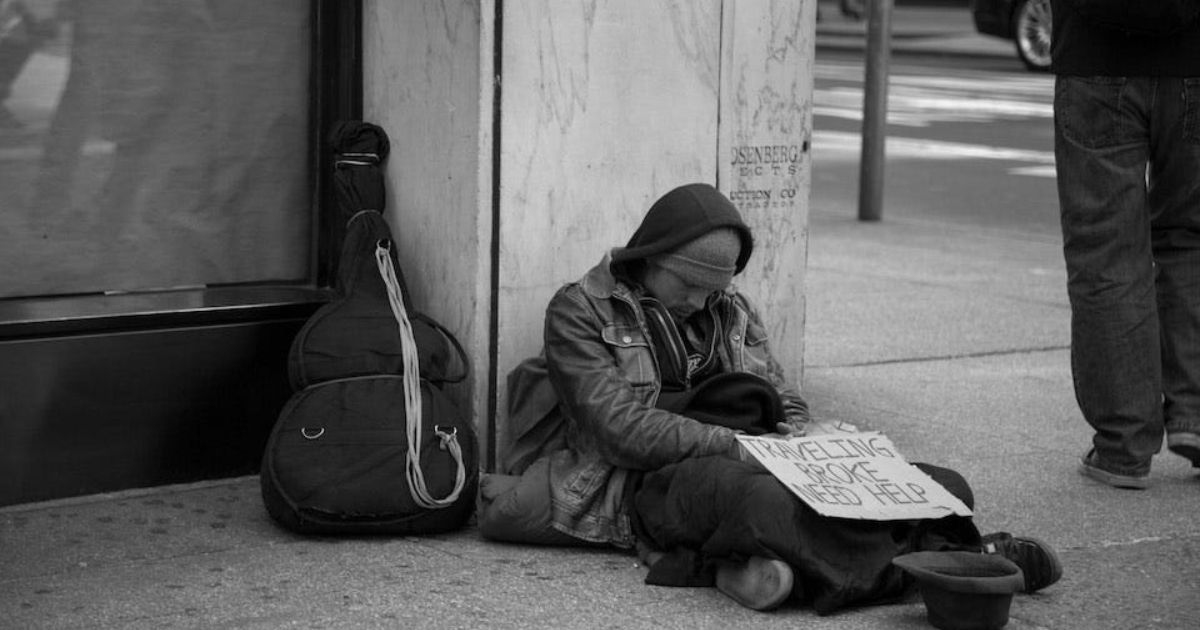
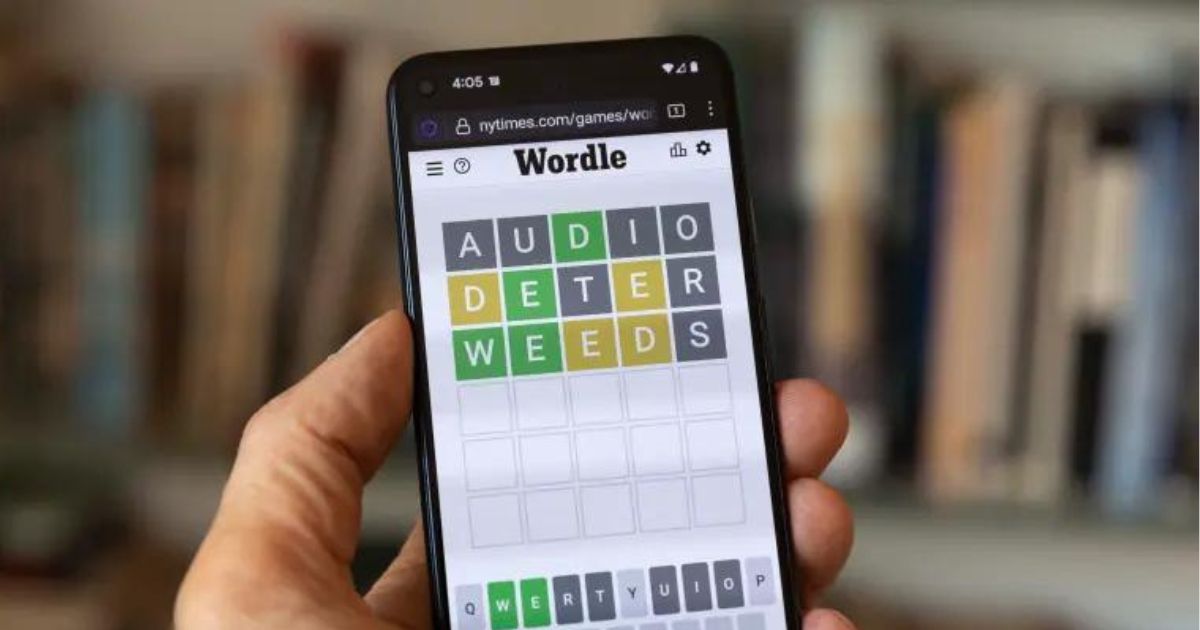
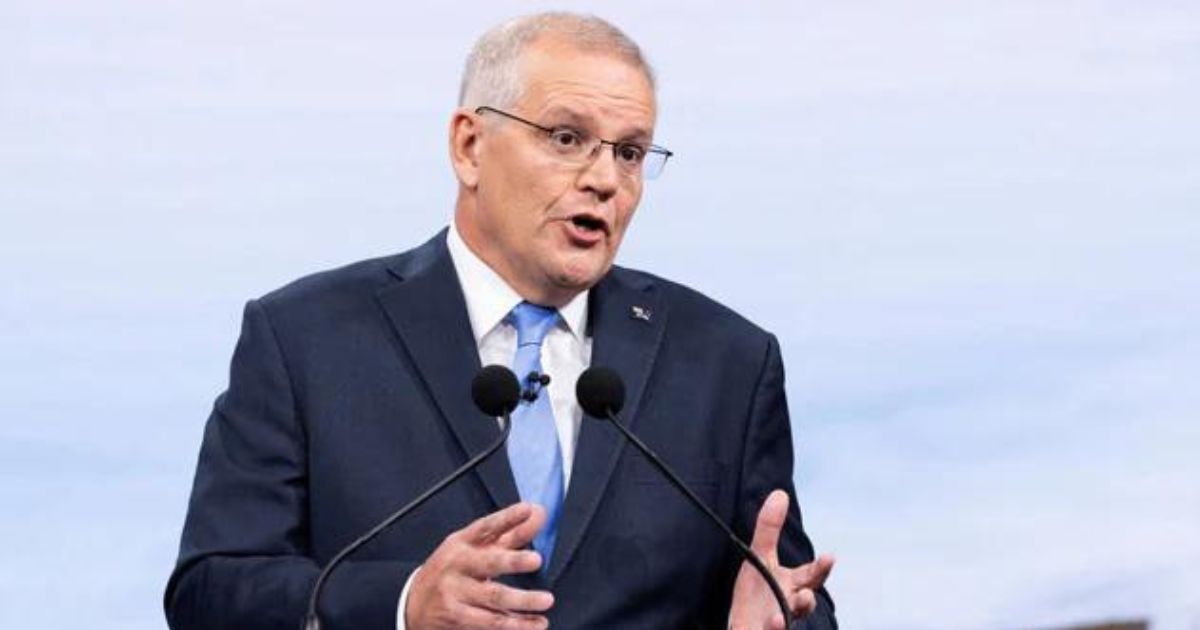


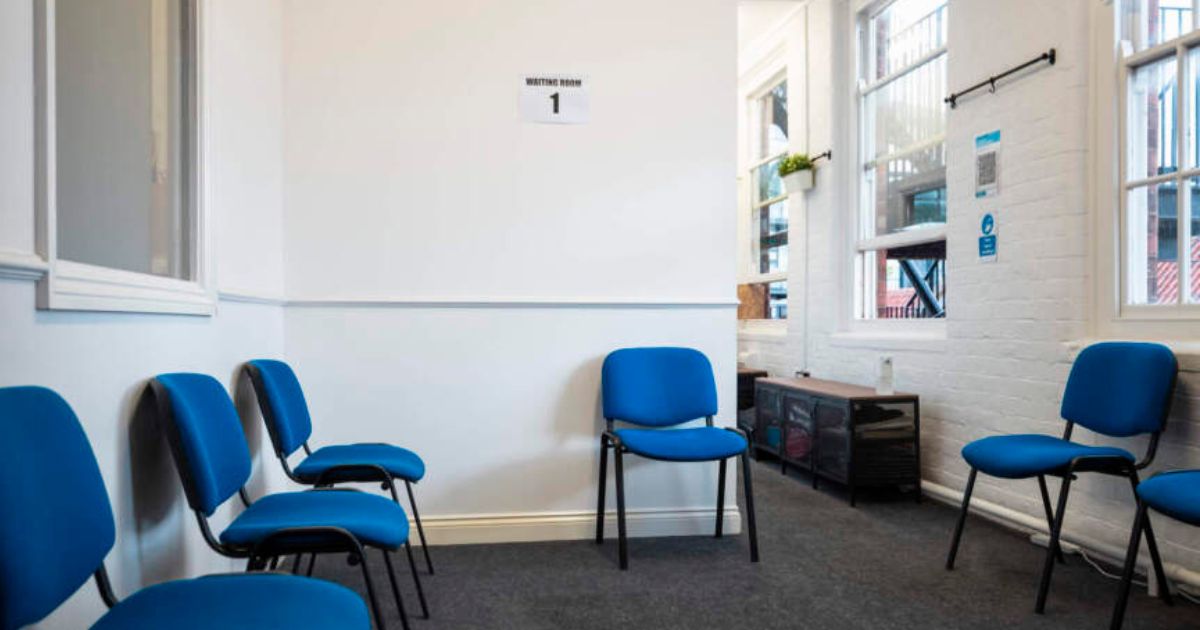
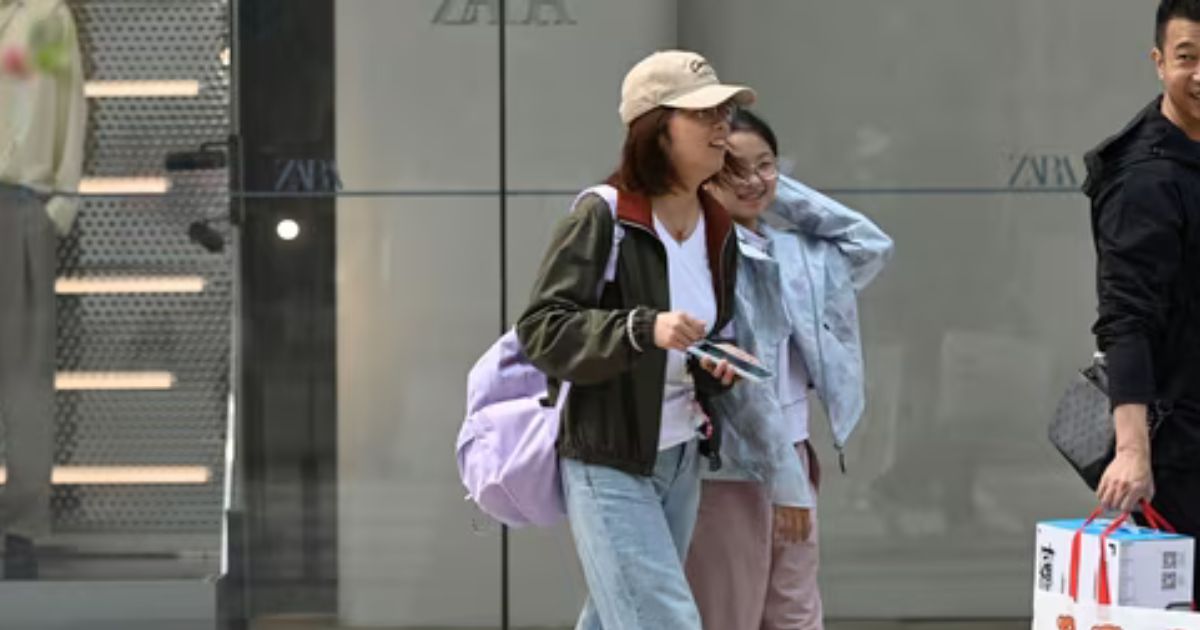

Leave a Reply
You must be logged in to post a comment.